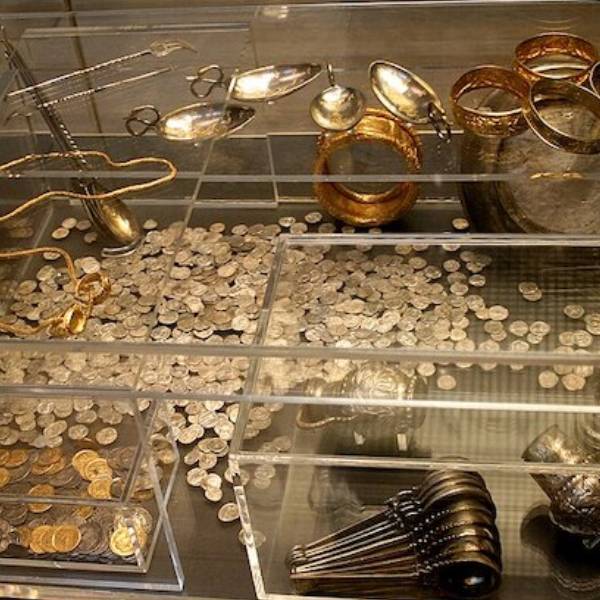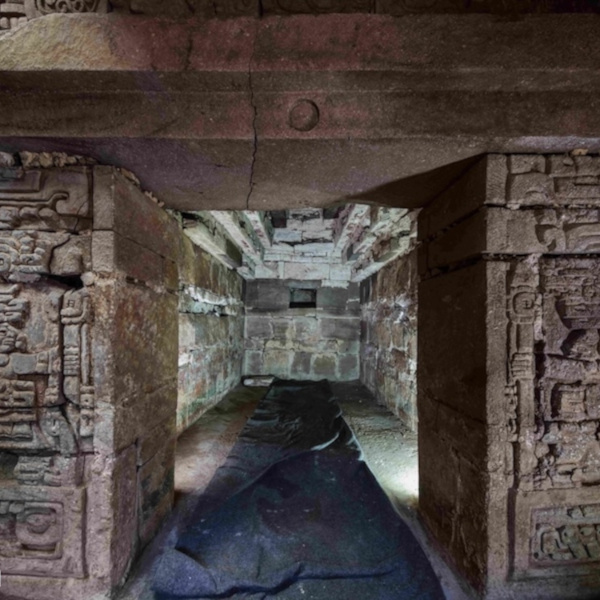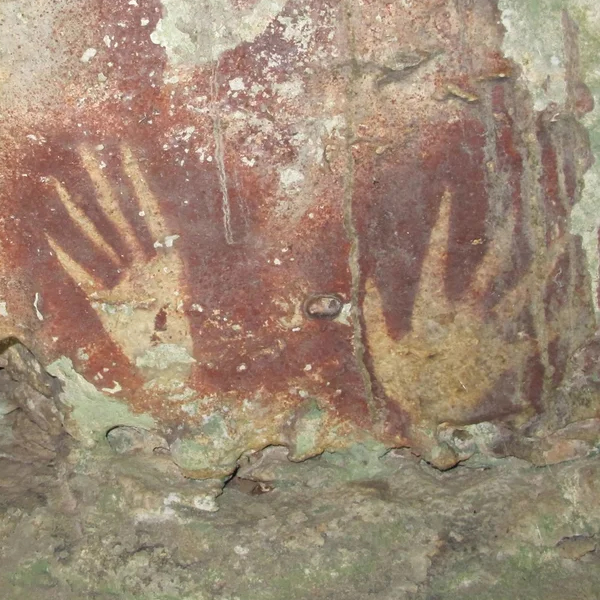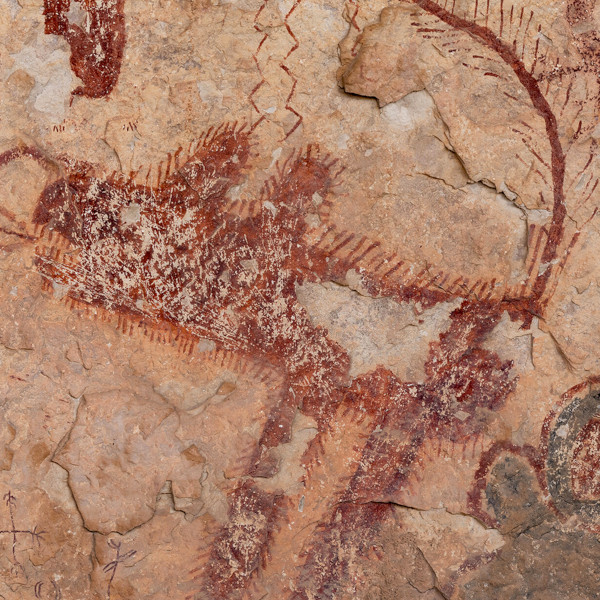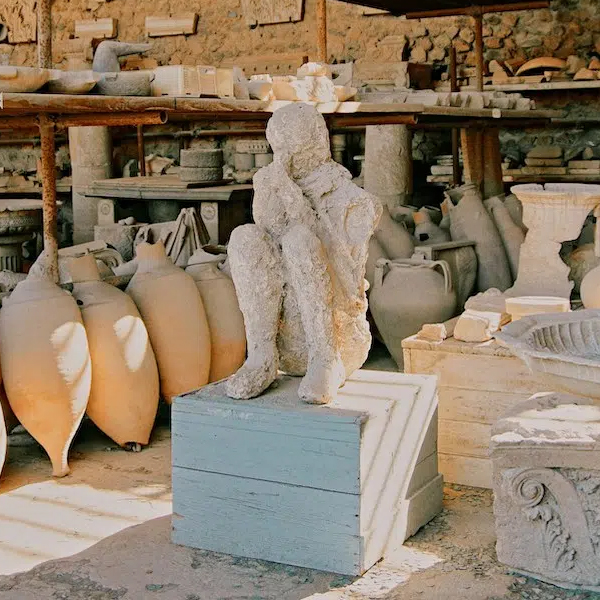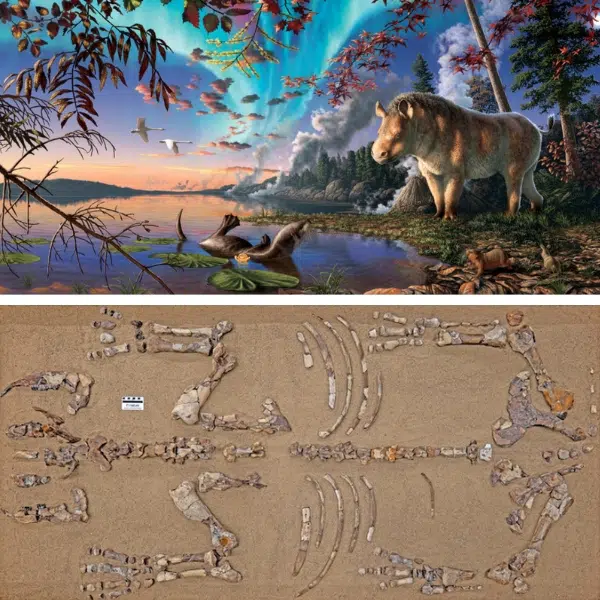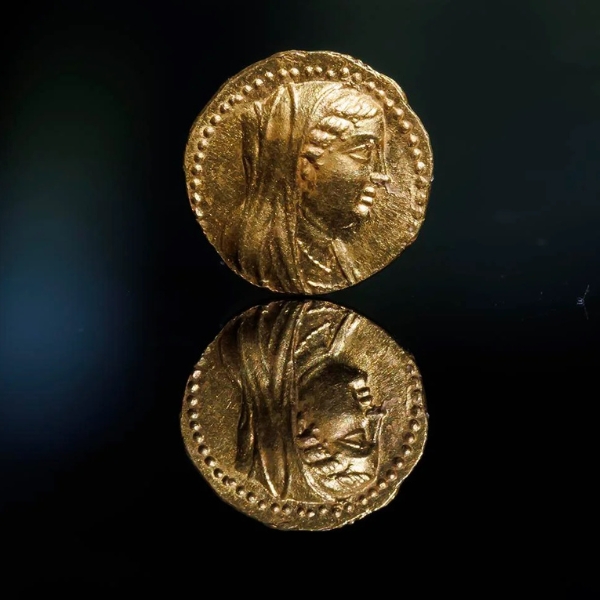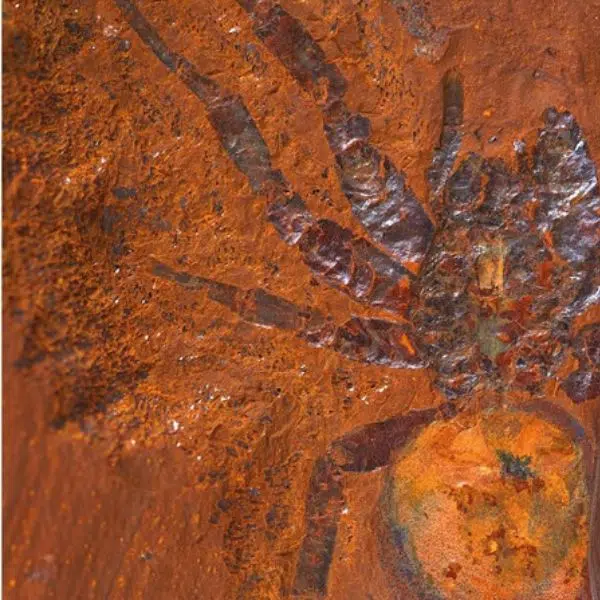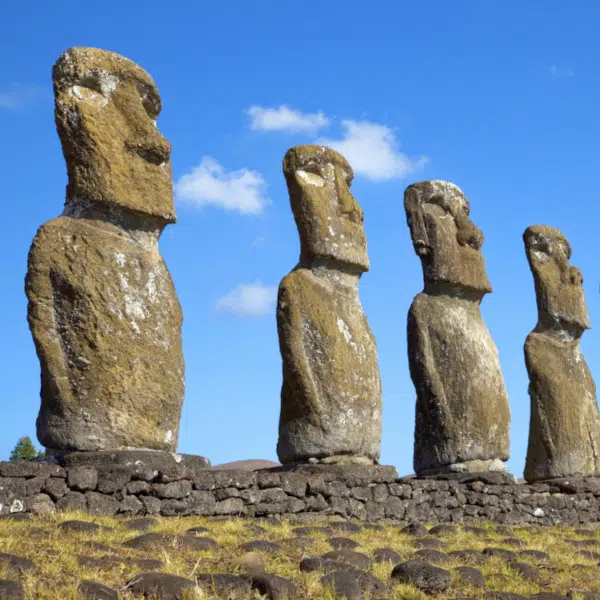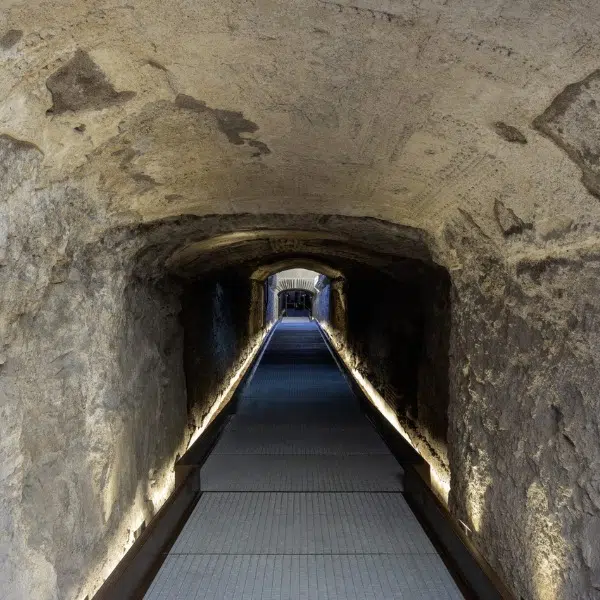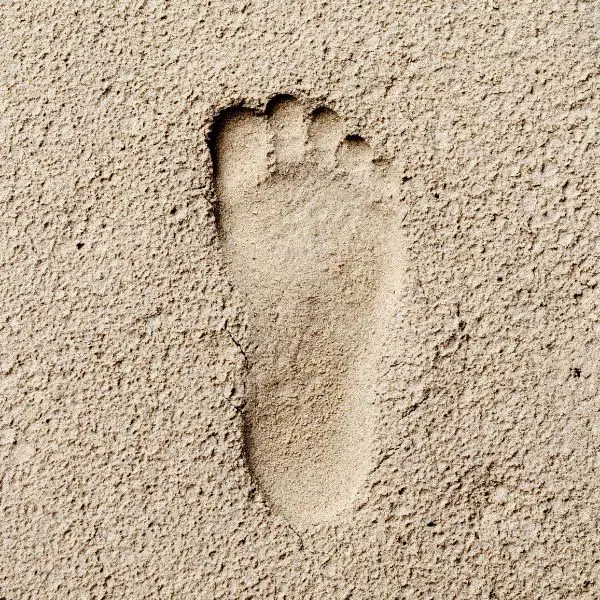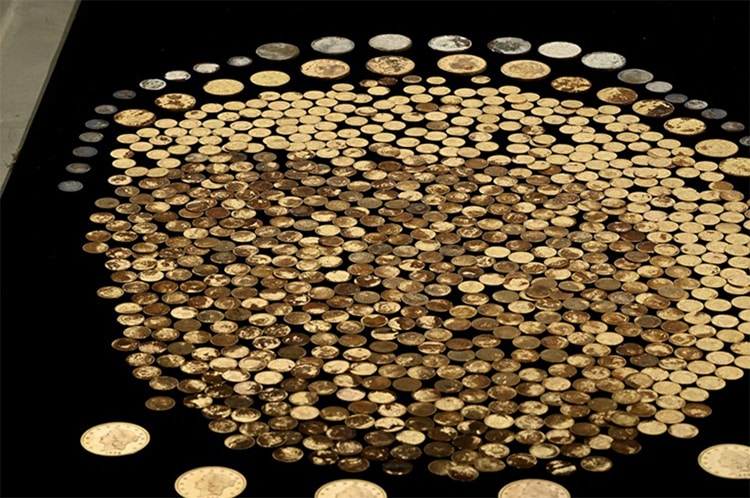
The incredible hoard of mostly gold, and some silver, coins. (Photo: Numismatic Guaranty Co.)
Discovering buried treasure is a dream for many, but once in a blue moon, it can actually happen. This year, a Kentucky man digging on his farmland was shocked to discover he'd literally struck gold when antique coins started tumbling from the dirt. It turns out he uncovered what has already become known as the Great Kentucky Hoard. The collection of over 700 gold and silver coins buried together are from the Civil War era, and they offer a glimpse into both numismatic and military history.
All of the coins date to 1863 or earlier, meaning they were likely buried around the same time. They are also from the U.S. Mint. While modern currency is uniform and federal, there were many issuers of currency in the period leading up to the Civil War. The coins in the hoard are mostly gold one-dollar coins from 1850 to 1862, which are much more valuable today to collectors and in sheer gold value. Additionally, the hoard contains about 20 $10 Liberty Head coins and eight $20 Liberty Heads. Last, but certainly not least, is the most exciting find: 18 super rare 1863-P $20 Gold Liberty Head coins. This fantastic run of coins can sell for a whopping six figures. Unlike modern coins, the “In God We Trust” is absent from the older design, as this was only added to coins after the Civil War.
The coins were conserved and graded by the Numismatic Guaranty Company, which pronounced them in incredible condition. Certified and well-packaged with notice of provenance, they were sold through Govmint.com. Coin collectors were clearly excited purchasers, as many of the varieties are already out of stock.
Who buried these coins? The original owner is unknown, but there have long been rumors of wealthy Kentuckians burying their treasure to preserve it during the war. Kentucky was a border state and, despite originally proclaiming neutrality, its citizens were deeply divided in their loyalties. The federal origin of the coins suggests the original owner may have done business with the federal government and was perhaps a Union supporter. At least, they may have wanted to hide their wealth and links to the U.S. government from raiding Confederate troops. Ryan McNutt, of Georgia Southern University, told Live Science, that—without being involved in the find—he could hazard that “given the time period and the location in Kentucky, which was neutral at the time, it is entirely possible this was buried in advance of Confederate John Hunt Morgan's June to July 1863 raid.”
The dates on the coins would support such a timeline. Unfortunately, with the coins removed from their in situ, they become a more limited resource for historians. Private landowners do not have to call their local archeologist when they find a coin, but doing so can preserve valuable information. “It is entirely up to the landowner,” McNutt advised, as “it's a snapshot of the past, lost forever” when the chance to study the artifacts at discovery is missed.
A Kentucky man was digging on a farm when he discovered a buried hoard of Civil War-era gold and silver coins.
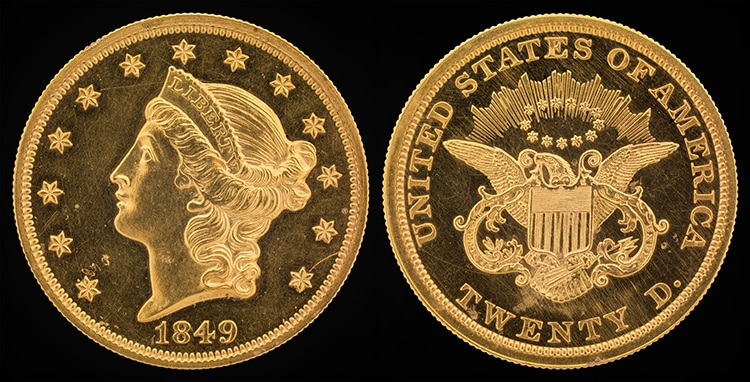
A Liberty Head double eagle coin, $20, similar to those found in the hoard. (Photo: Wikimedia Commons, Public domain)
Many of the coins are extremely rare mint runs. They have been verified for authenticity and are offered on sale to collectors.
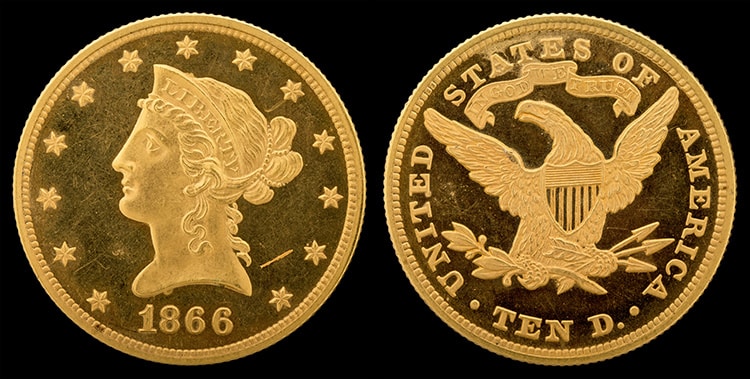
A $10 Liberty head coin similar to those discovered. (Photo: Wikimedia Commons, Public domain)
Check out the moment of the hoard's discovery.
h/t: [Live Science]
Related Articles:
Japanese Archaeologists Dig Up Jar Filled With Over 200,000 Bronze Coins
Perfectly Preserved 3,000-Year-Old Bronze Sword Discovered in Germany
Dutch Metal Detectorist Discovers a Medieval Hoard of Gold Jewelry and Silver Coins
Amateur Metal Detectorist Discovers 13th-Century Gold Coin Featuring Henry III











































































